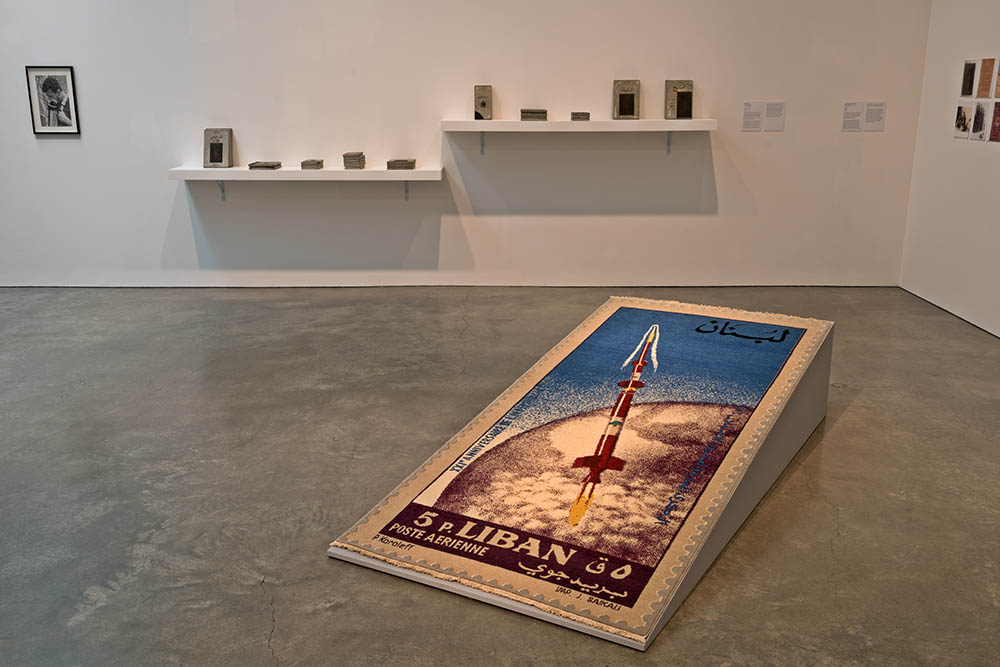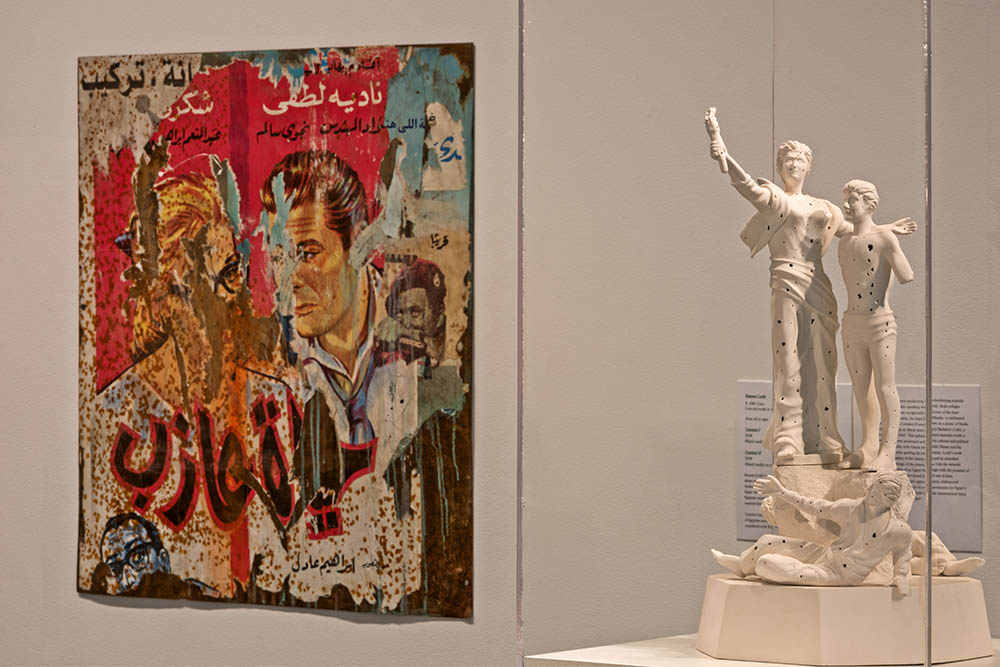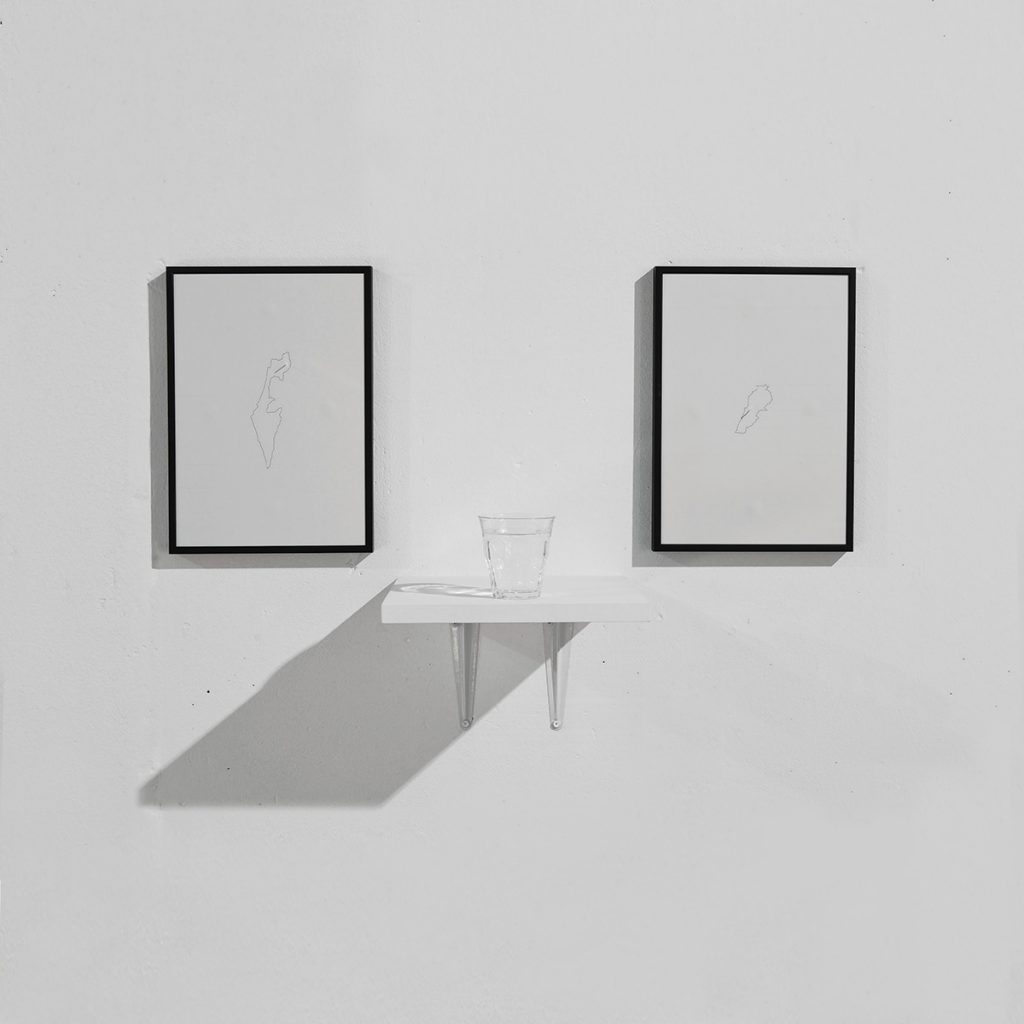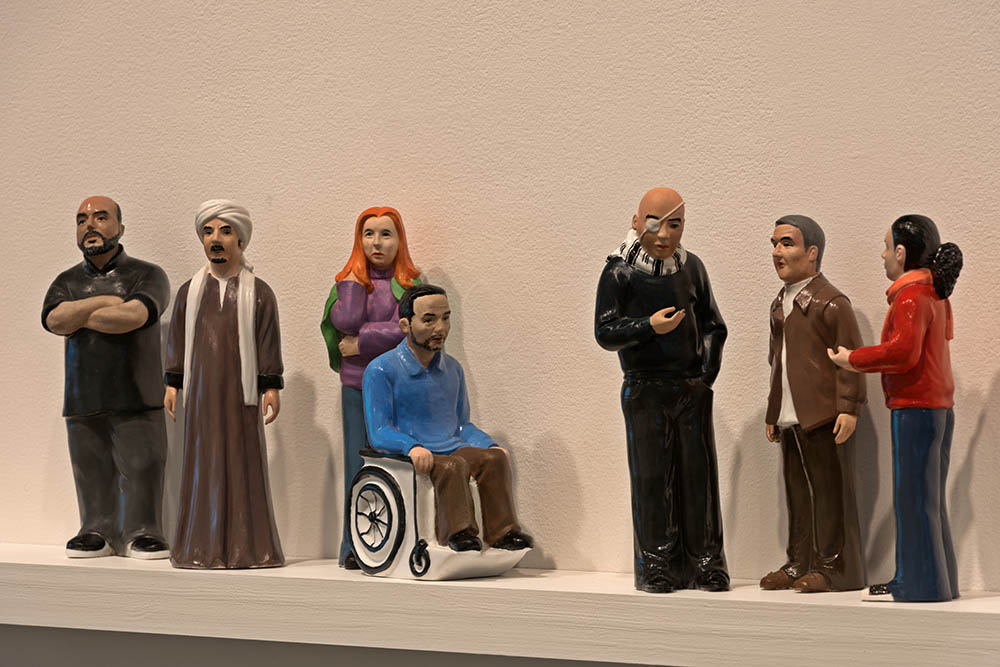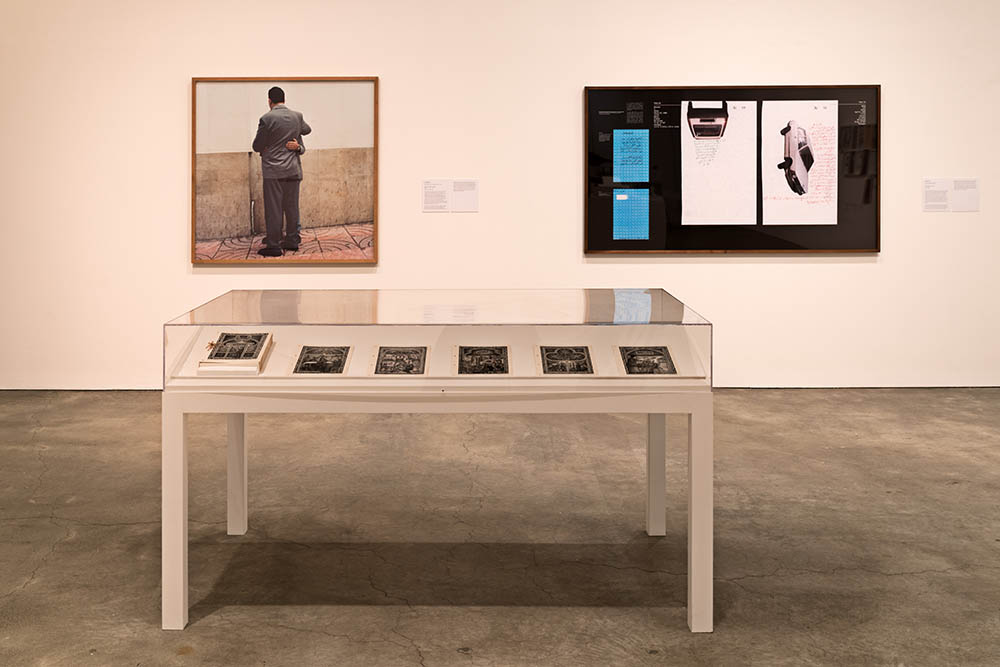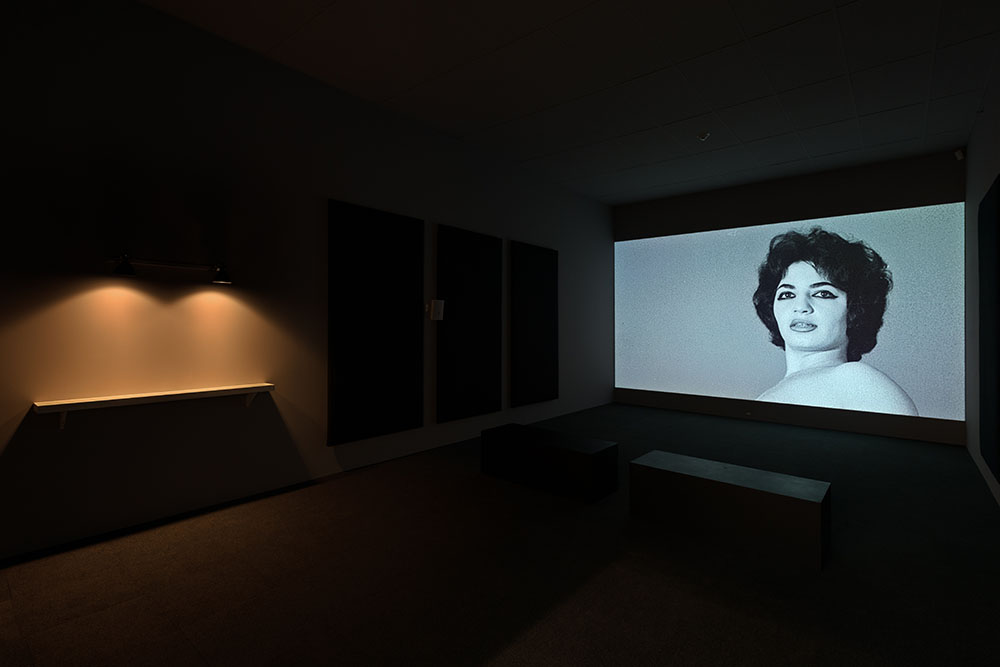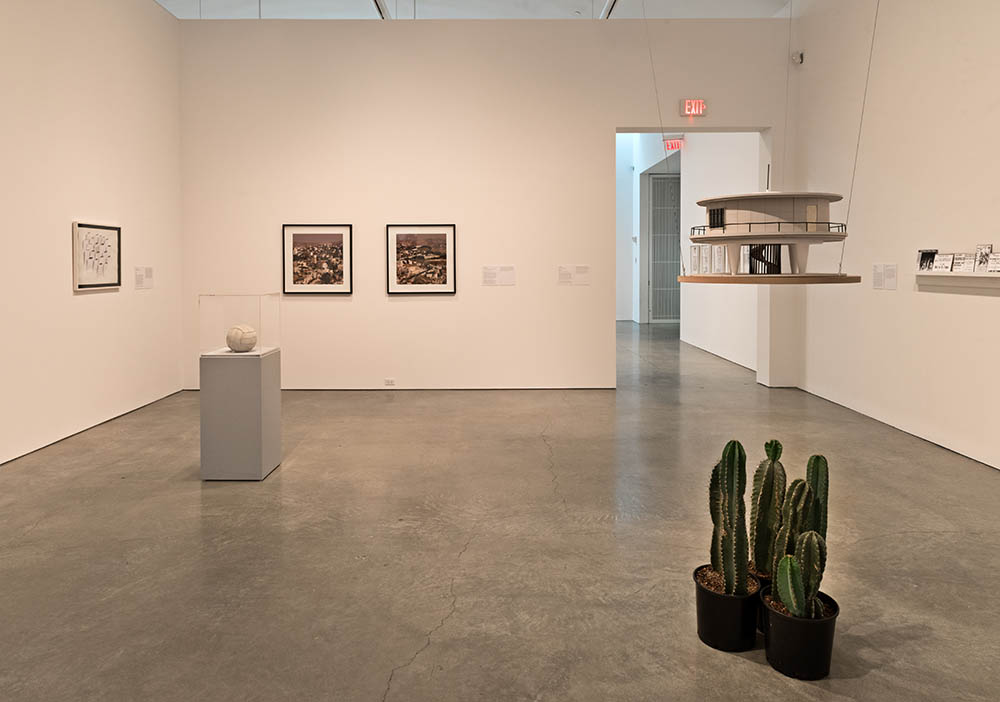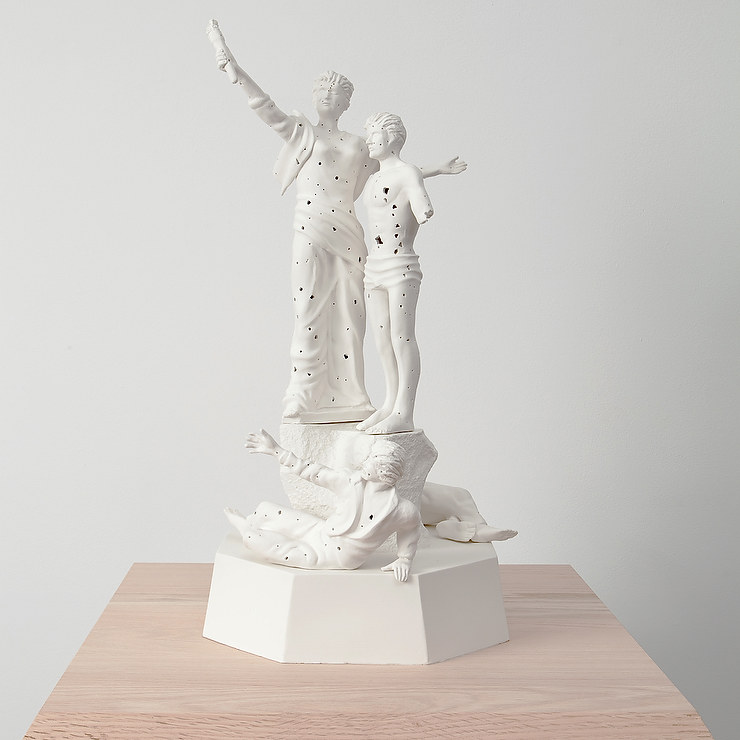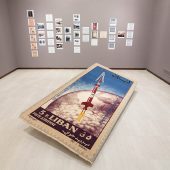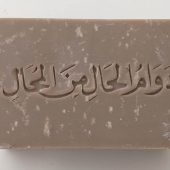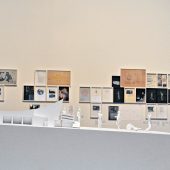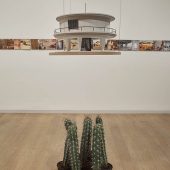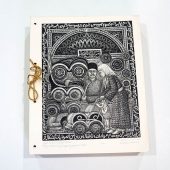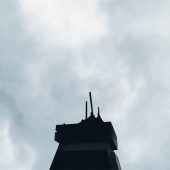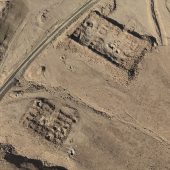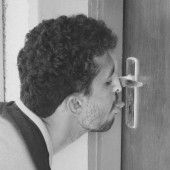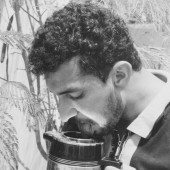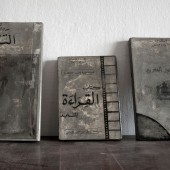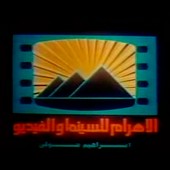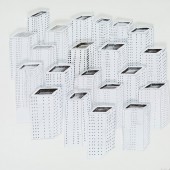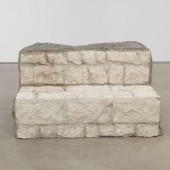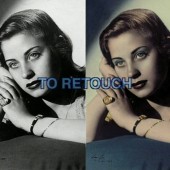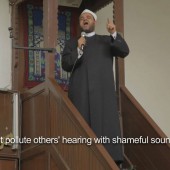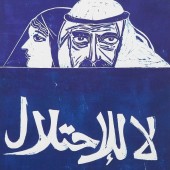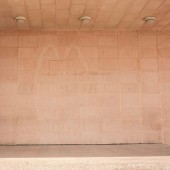No to the Invasion
The Center for Curatorial Studies, Bard College will present No to the Invasion: Breakdowns and Side Effects, an exhibition of works drawn from the collection of the Barjeel Art Foundation, a collecting philanthropic institution based in the United Arab Emirates. The exhibition, featuring works dating from 1990 to 2016, conjures various histories intersecting a shared geo-political space: The Arabic-speaking world—a geographic region that includes the twenty-two countries of the Arab League and whose contemporary coordinates lay between Mauritania, North Africa, and West Asia. To begin in 1990 is to recall a socio-political landscape characterized by shifting regimes of power following Pan-Arabism, the Cold War, the Kuwait War, and the end of the Lebanese Civil War. Today, while battles in Syria and Iraq continue to rage and people are increasingly displaced, radicalism and neoliberal capitalism thrive. The rumblings of these social, political, and economic histories provide a framework for critical engagement with the exhibited works.
The title of the show was borrowed from a 1990 linocut print of the same name produced by the Kuwaiti artist Thuraya Al-Baqsami three days after the start of the Iraq-Kuwait war and intended as a resistance poster against the invasion. In the print, which will be on view, the phrase ‘no to the invasion’ appears in Arabic below two figures pictured lamenting the aggression. The works in this exhibition propose an expanded meaning of the term invasion, one that goes beyond connotations of incursion, trespassing, and violation to include a sudden surge or confrontation. Here, the phrase ‘no to the invasion’ might be a refusal of irruptions by the media, global capital, or regional magnates on one’s space, mind, or body. In particular, the works articulate the body as it is subjected to various conditions of surveillance, representation, and disaster. In such works as Akram Zaatari’s Her + Him, (2001-2011) documentation of a personal encounter offers a critical examination of photographic portraiture and its language. In Ala Younis’s Plan for Greater Baghdad (2015), archival research materials and an imagined urban plan reinforce the notion that architecture is an expression of power, one that acts upon the body. These projects—which range from research-based and experimental documentary to engagements with abstraction and conceptualism—tell us something about the limits of representation, the production of histories, and the transformation of landscapes.
For more information:
www.bard.edu/ccs/exhibitions/no-to-the-invasion-breakdowns-and-side-effects
Curatorial Adviser Mandy Merzaban
